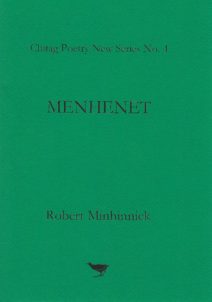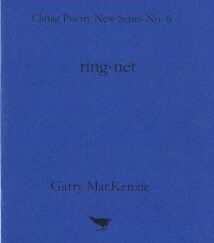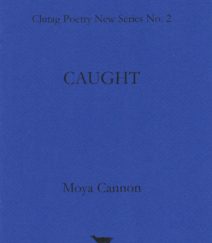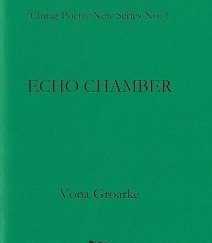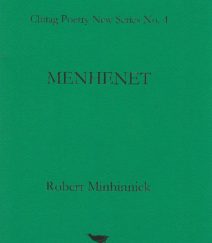Description
Robert Minhinnick is, beyond doubt, the most accomplished and distinguished literary figure of his generation in Wales, a poet of marked originality, breaking through boundaries of poetic convention, crossing and marking borders of language and place. Unflinchingly naturalistic, as needs must, his poems are shot through with startling insights and perceptions of visionary force. He is capable too of great tenderness towards both the natural world and the human. But he is more than an important poet of modern Wales, as if that were not enough. He is a prolific miscellaneous writer, of prize-winning novels and essays, and a leading environmentalist, co-founder of Friends of the Earth (Cymru) and of Sustainable Wales.
As a poet, his choice of subjects is far from restricted to his native heath. It includes, for example, an opera set in Baghdad. But the poems in this pamphlet know the Welsh border, in all its history and fluidity. We meet it at once in the opening poem ‘Wealas’, a word from the Anglo-Saxon for the Brythonic-speaking early British, but also a word for ‘slave’.
‘. . . sick to the teeth / of those blue remembered hills’ of A. E. Housman, the poem explores the conflicted border territory, nodding ironically at Geoffrey Hill’s Mercian Hymns and signing off with a promise to make ‘an offa they can’t refuse’ to those straying over the border.
At the other end of the pamphlet, we return to borderlands, in the poem ‘Gwy’ (Wye), written for performance, a celebration of the river that ‘sips / from a thousand wellsprings’ and whose ‘gravel swales /were here before England and Wales’. ‘Come closer. / Much closer’ the poet and his river implore in whispered refrain.
Between these ‘bookend poems’, we learn that, if not precisely by what steps, ‘Menhenet’, a Cornish name, mutated into Minhinnick, the poet’s forebear Joseph a poor, illiterate labourer. Reflecting on Joseph and his downtrodden kind prompts Minhinnick to declare that ‘. . . it’s what’s not written that interests me’. Be that as it may, it is always what’s seen that seems most to interest the poet, seen, and seen into.
In a drone’s-eye view above Port Talbot, the seen and seen-into come to the fore, and the written reasserts itself in the vowel-less name of the Ffrwddwyllt river, so challenging to strangers to pronounce, a river that stands in for ‘a language in its agony’ which by the poem’s close has become ‘our agony’, a river that in its course through the industrial and post-industrial town becomes ‘this sewer, / ten
thousand Styrofoam stars and Costa cups / and Covid masks crusted together in a floe of scum.’
Among these poems comes a moving elegy ‘The Owl’, based on Menna Elfyn’s ‘Tylluan Wen olaf 2013’, to remind us that Minhinnick once compiled a brilliant introduction to contemporary Welsh poetry, in his own fine translations, The Adulterer’s Tongue (2003).

